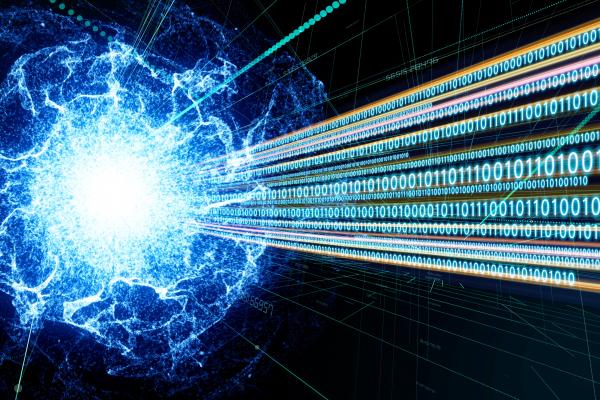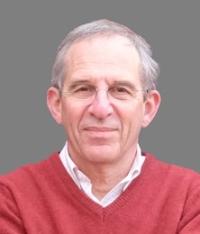
Frontiers in Quantum Information Science and Engineering Webinar Series
Title: Error Correction of Logical Quantum Bits Encoded in a Superconducting Cavity
Michel Devoret, Applied Physics, Yale University

Abstract: The accuracy of logical operations on quantum bits (qubits) must be improved for quantum computers to surpass classical ones in useful tasks. To that effect, quantum information must be robust to noise that affects the underlying physical system. Rather than suppressing noise, quantum error correction aims at preventing it from causing logical errors. This approach derives from the reasonable assumption that noise is local: it does not act in a coordinated way on different parts of the physical system. Therefore, if a logical qubit is encoded non-locally, it is possible, during a limited time, to detect and correct noise-induced evolution before it corrupts the encoded information. We will discuss how recent experiments [1, 2] based on superconducting cavities and transmon artificial atoms - employed here as ancillary non-linear elements - realize this error correction, and its prospect for reservoir engineering implementations that would realize the desirable next stage: autonomous quantum error correction.
[1] Grimm et al. , Nature, 584, 205–209 (2020); [2] Campagne-Ibarcq et al., Nature, 584, 368-372 (2020).
Webinar ID: 926 7198 9711 Passcode: 743595
More About Michel Devoret:
Michel Devoret graduated from Ecole Nationale Superieure des Telecommunications in Paris in 1975 and started graduate work in molecular quantum physics at the University of Orsay. He then joined Professor Anatole Abragam's laboratory in CEA-Saclay to work on NMR in solid hydrogen, and received his PhD from Paris University in 1982. He spent two post-doctoral years working on macroscopic quantum tunneling with John Clarke's laboratory at the University of California, Berkeley. He pursued this research on quantum mechanical electronics upon his return to Saclay, starting his own research group with Daniel Esteve and Cristian Urbina. The main achievements of the "quantronics group" were in this period the measurement of the traversal time of tunneling, the invention of the single electron pump (now the basis of a new standard of capacitance), the first measurement of the effect of atomic valence on the conductance of a single atom, and the first observation of the Ramsey fringes of a superconducting artificial atom (quantronium). He became director of research at the Commissariat a l'Energie Atomique (CEA) at Saclay. In 2007, Michel has been appointed to the College de France, where he taught until 2012. He is a member of the American Academy of Arts and Sciences (2003) and a member of the French Academy of Sciences (2008). Michel has received the Ampere Prize of the French Academy of Science (together with Daniel Esteve, 1991), the Descartes-Huygens Prize of the Royal Academy of Science of the Netherlands (1996) and the Europhysics-Agilent Prize of the European Physical Society (together with Daniel Esteve, Hans Mooij and Yasunobu Nakamura, 2004). He is also a recipient of the John Stewart Bell Prize, which he received jointly with Rob Schoelkopf in 2013. In 2014, he has been awarded, together with John Martinis and Rob Schoelkopf, the Fritz London Memorial Prize. He received the Olli Lounaasma Prize in 2016.
Currently the F. W. Beinecke Professor of Applied Physics at Yale University -- which he joined in 2002 -- he focuses his research on experimental solid state physics with emphasis on quantum superconducting circuits for quantum information processing. In this new type of circuits based on Josephson junctions, electrical collective degrees of freedom like currents and voltages behave quantum mechanically. He currently focuses on the new phenomena of fault-tolerant quantum operations and remote entanglement.
Watch the recorded webinar here.
SUBSCRIBE to our email list here.
If you require an accommodation such as live captioning or interpretation to participate in this event, please contact Jessi Middleton at middleton.85@osu.edu. Requests made five business day prior to the event will generally allow us to provide seamless access, but the university will make every effort to meet requests made after this date.
